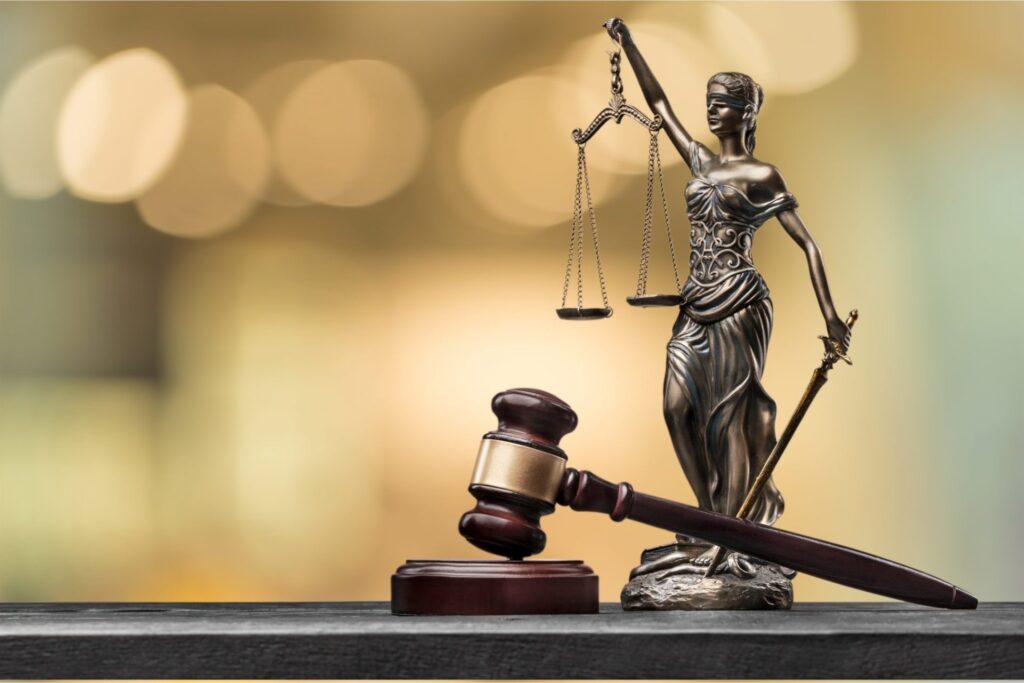Anyone who has watched a courtroom drama like Law and Order on TV has a basic understanding of how the justice system in the United States is structured: There’s the prosecutor or the plaintiff, on the one side, and on the other side is the defendant and criminal defense attorney. In between is the judge, acting as a neutral referee. The prosecutor makes their case why the defendant should pay for what happened. The defense responds, pointing out all the reasons why the prosecutor is wrong. Then the jury decides between the prosecutor and the defense.
This adversarial set up is so ingrained in how Americans think about the criminal justice system that almost no one is aware that many other countries don’t use it. Instead, they use an inquisitorial system that gives the judge much more power. Of course, this has its pros and cons.
Inquisitorial Justice Systems
The main difference between the adversarial system that we use in the States and the inquisitorial system is what the judge can do. In an adversarial system, judges sit on the bench and let the prosecution and the defense team duke it out in court. Perhaps more importantly, though, is the fact that judges in the adversarial system have almost no role in the investigation of crimes. At most, judges or magistrates are called upon to sign off on search or arrest warrants that police request.
In inquisitorial systems, which are used in most of Europe, as well as many countries in Asia, Africa, and South America, judges and other court personnel typically have a larger role to play in criminal investigations. Each country handles their justice system differently, though, resulting in widely different degrees of involvement by the court. Some countries use a prosecutor as an investigator who gathers all of the evidence – not just evidence of guilt – and presents it to the judges in the court without pushing for one side or the other. Others keep defense attorneys and prosecutors as adversaries, but allow judges to dictate what happens in court, like which witnesses get called and what evidence gets presented.
By turning the justice system into a neutral and detached process, you get rid of some of the inequalities that are inherent in our own system, like how the prosecution has more resources than many defense teams. However, inquisitorial systems require a lot of trust in the government to do things correctly, which probably prevents it from ever taking shape in the United States.
Maine Criminal Defense Attorney William T. Bly
Because the United States uses an adversarial system, however, having a solid criminal defense attorney is the best way to ensure that a criminal charge does not turn into a criminal conviction. By fighting for your rights and interests both in and out of court, criminal defense attorney William T. Bly does all he can to uphold your rights and get the best possible outcome in your case. Contact his law office online or at (207) 571-8146 for the legal representation you need.
